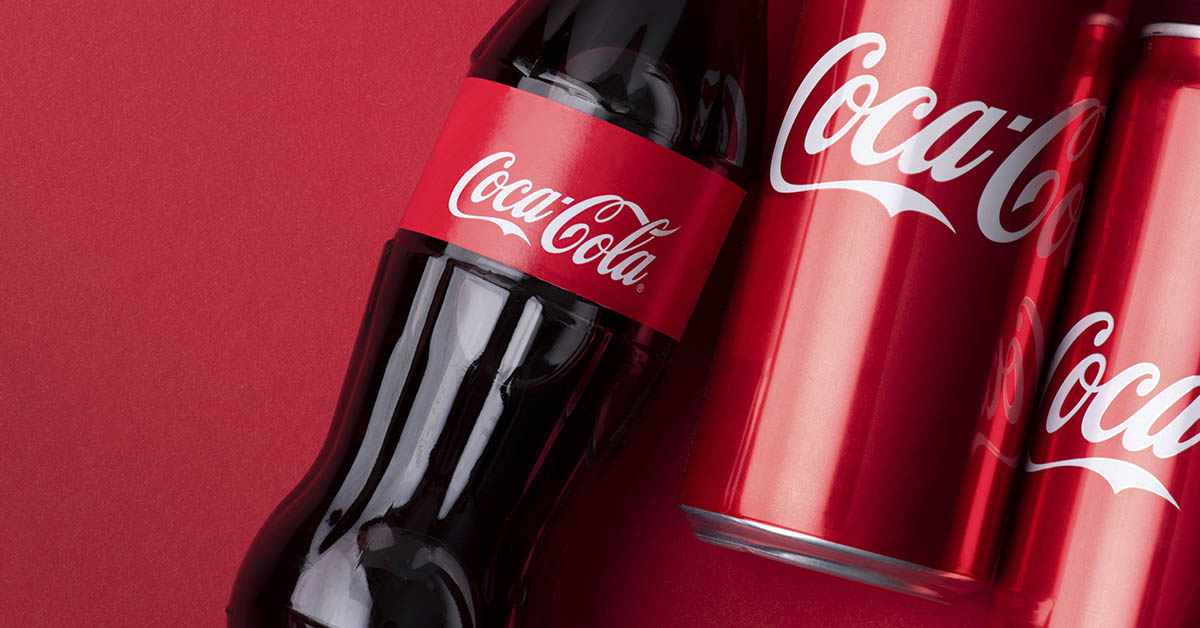At this point, we all know that sugar-sweetened beverages, in particular, sugary sodas, are not good for our health. Despite this, people continue to regularly consume these drinks. In fact, the average American consumes 12 to 24 ounces of sugary sodas every day. What is the reason for this continuation of a habit that is causing obesity, cardiovascular disease, and diabetes to run rampant through the population of the United States, and elsewhere in the world? Brilliant marketing and herculean efforts to confuse, collude, and conceal the evidence against sugary sodas. The leading king pin in all of this? The world’s biggest, most well-known soda brand: Coca-Cola.
Coca-Cola Working to Discredit Scientific Evidence
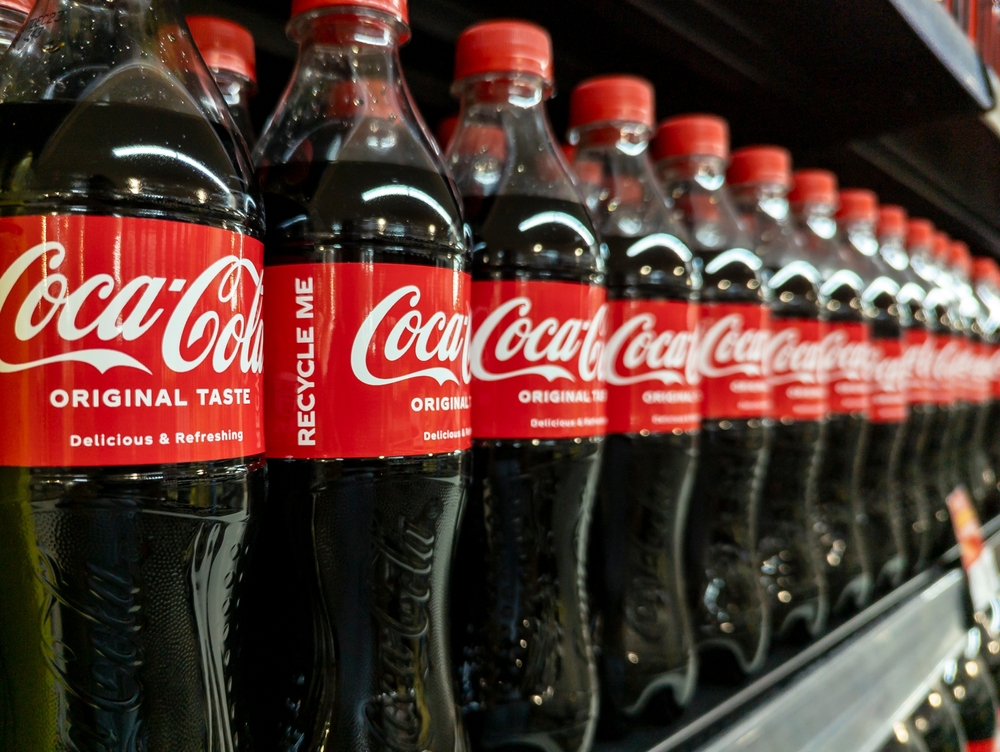
Coca-Cola, no doubt, has a master marketing team. Since their inception, they have used cutesy polar bears, family-togetherness related themes, and pulled at consumers’ heartstrings with imagery that invokes nostalgia, friendship, conviviality, and good times. Master marketing isn’t the only way that they have convinced millions of people in the US and worldwide to continue to consume their drinks, despite the mounting evidence that shows how sugary sodas are killing us.
Over the years, Coca-Cola has been found to engage in efforts to undermine and discredit scientific evidence highlighting the health risks associated with consuming sugary sodas. Reports suggest that the company has strategically worked to suppress and downplay research that implicates sugar-sweetened beverages as contributors to deadly diseases. Furthermore, Coca-Cola has been accused of extensive campaigns aimed at casting doubt on the scientific consensus surrounding the dangers of excessive soda consumption. They have funded their own studies to show, however, incorrectly, that a calorie is a calorie and that the problem isn’t the food we’re eating, it’s that we’re not burning enough calories, aka doing enough exercise for the number of calories we’re consuming. Beyond that, they have used questionable tactics to get rid of laws that don’t align with their ability to meet shareholder targets and put other laws in place that protect themselves and their products.
“When we talk about obesity, a calorie is a calorie. The experts are clear — the academics, the government advisors, diabetes associations — we need to have balance in the calories. And if you’re taking in too many, or burning them off, that is a problem; wherever they’re coming from, a calorie is a calorie.” Said James Quincy, the now CEO of Coca-Cola.
Ethical Concerns and Public Health Impact

This is, quite obviously, a huge danger to public health. The problem with soda consumption in the United States is enormous, shadowed only by that of impoverished countries where, often, Coca-Cola is cheaper than water. By attempting to discredit well-established scientific evidence, the company potentially endangers public health on a global scale. The ethical implications of prioritizing corporate interests over public well-being are alarming, particularly in the context of a product linked to severe health issues.
Here’s the thing: Coca-Cola is in the business of selling products. The reality is that they don’t care about your health; they care about their bottom line. They care about ensuring that their shareholders are happy, and that the people at the top of their company are as wealthy as possible. The problem is that, for some reason, the general population has allowed itself to be tricked by clever marketing while becoming increasingly distrustful of actual science and scientists. This is all thanks to companies like Coca-Cola, who fund studies to support their interests and confuse consumers. This is why you hear people say things like “oh, scientists, what do they know anyway? One day they say something is bad and the next day they change their minds”. This is the doing of Coca-Cola and other major corporations.
Moving Towards Accountability

In response to these troubling revelations, there is a growing push for greater transparency and accountability within the beverage industry. Consumers, healthcare professionals, and policymakers are advocating for heightened awareness and education about the real health consequences associated with excessive soda consumption. Additionally, the potential role of regulatory measures in ensuring that companies like Coca-Cola uphold public health interests above corporate gains is being widely discussed. That being said, this is a multi-million-dollar company in a billion-dollar industry. They are used to being on top, used to making a certain amount of money, and they are not going to give any of that up without a fight. This is why, though policymakers need to go to bat for the public, we as the general population also need to stand up for ourselves. How do you best do that? Stop consuming their products, particularly their unhealthy, sugary sodas. If they lose their market, Coca-Cola will be forced to change.
Read More: The Three ‘Worst Drinks That May Increase The Chance of Alzheimer’s Disease’ – Expert
10 Ways Sugary Sodas are Bad for Your Health

Still not convinced that you should kick your sugary beverage habit to the curb? Despite executives from Coca-Cola going on the record saying things like a calorie is a calorie, this couldn’t be further from the truth. Not all calories are created equal. Some calories provide nutrients, satiation, and protective effects on our health. Others, like those found in Coca-Cola products, spike our blood sugar, leading to a sugar crash later on, are metabolized completely differently than healthy food items, provide no satiety, and lead to increased calorie and sugar intake. These are all the reasons why you should stop drinking soda now.
1. Sugary Drinks Do Not Make You Feel Full and Are Strongly Linked to Weight Gain
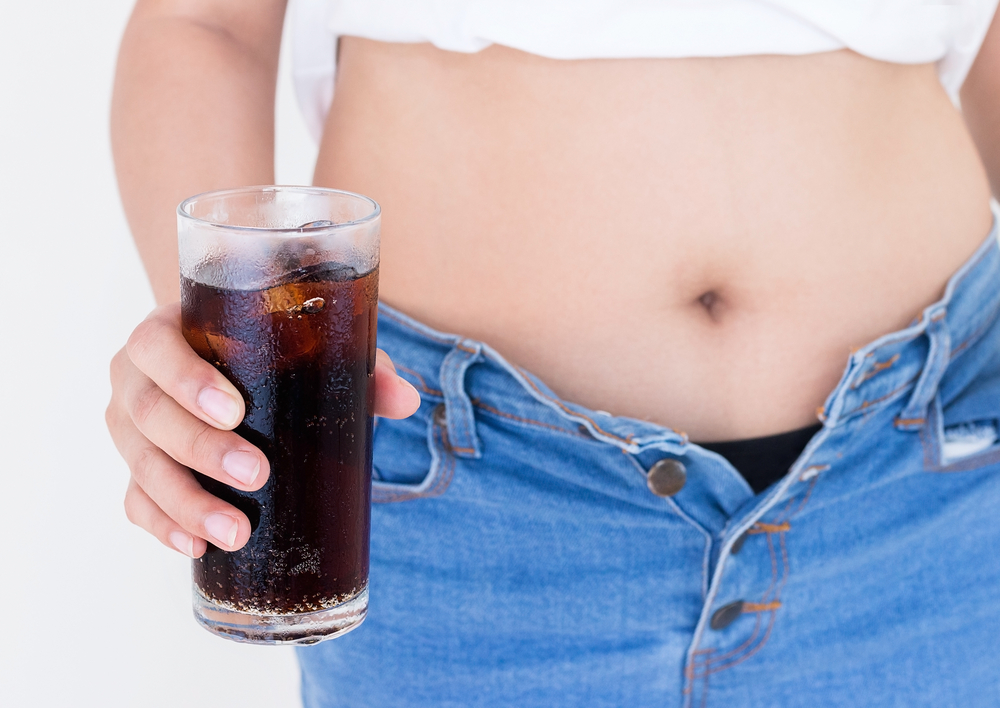
When you eat and drink, the main purpose is to quench thirst and satisfy hunger. Ideally, you will do this with foods you love and that bring you joy, but that also nourish your body and protect your cells against disease. Consumption of sugary sodas adds additional calories without making you feel full at all. This means that they are literally just extra calories on top of what you need to consume to actually not be hungry.
2. Large Amounts of Sugar are Turned into Fat in Your Liver

Your body can only handle so much sugar at once. Sugary sodas quite simply have too much for your body to deal with at once. The high levels of fructose in these drinks can overwhelm the liver, causing it to convert excess sugars into fat. This can contribute to the development of nonalcoholic fatty liver disease.
Read More: Fatty Liver: Causes, Symptoms, Treatment & Home Remedies
3. Sugar Drastically Increases Belly Fat Accumulation

Want to have washboard abs? Or, do just simply want to be metabolically stable and free of disease? Then sugary sodas are not your friend. High sugar intake, especially fructose found in sugary drinks, is linked to the accumulation of visceral fat around the abdomen and organs. Excessive belly fat increases the risk of developing type 2 diabetes and heart disease.
4. Sugary Soda May Cause Insulin Resistance — a Key Feature of Metabolic Syndrome
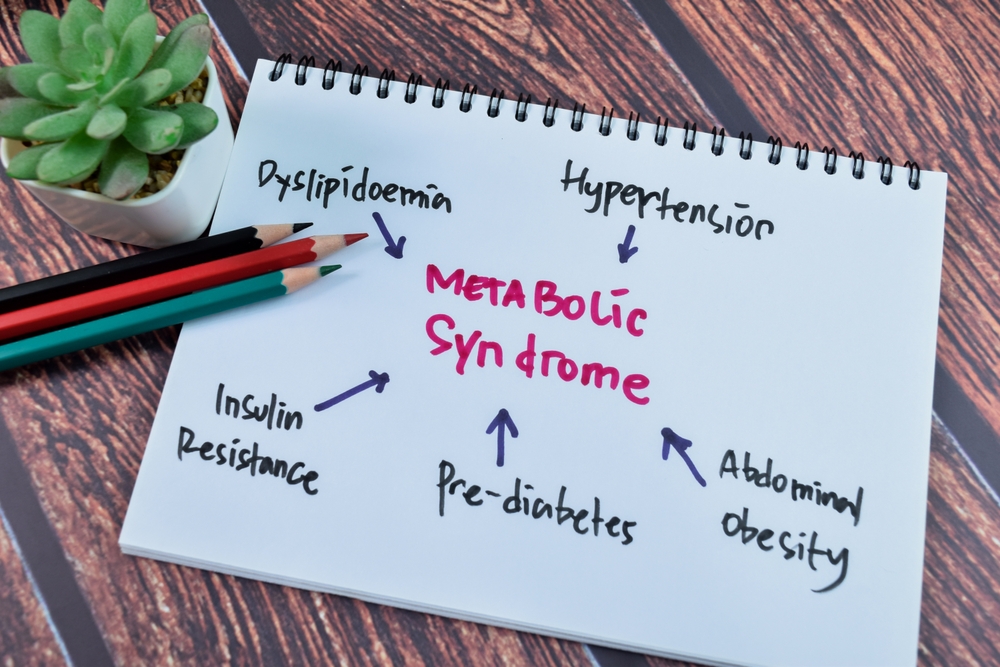
Type 2 diabetes is one of the health problems in the United States that just doesn’t seem to be getting better. Consuming sugary soda can lead to insulin resistance, where cells become less responsive to insulin. This results in elevated blood sugar levels. Insulin resistance is a key factor in metabolic syndrome and is a precursor to conditions like type 2 diabetes and heart disease. In fact, research shows that consuming one sugary soda regularly is linked to a higher likelihood of developing type 2 diabetes.
5. Sugary Soda Contains No Essential Nutrients — Just Sugar
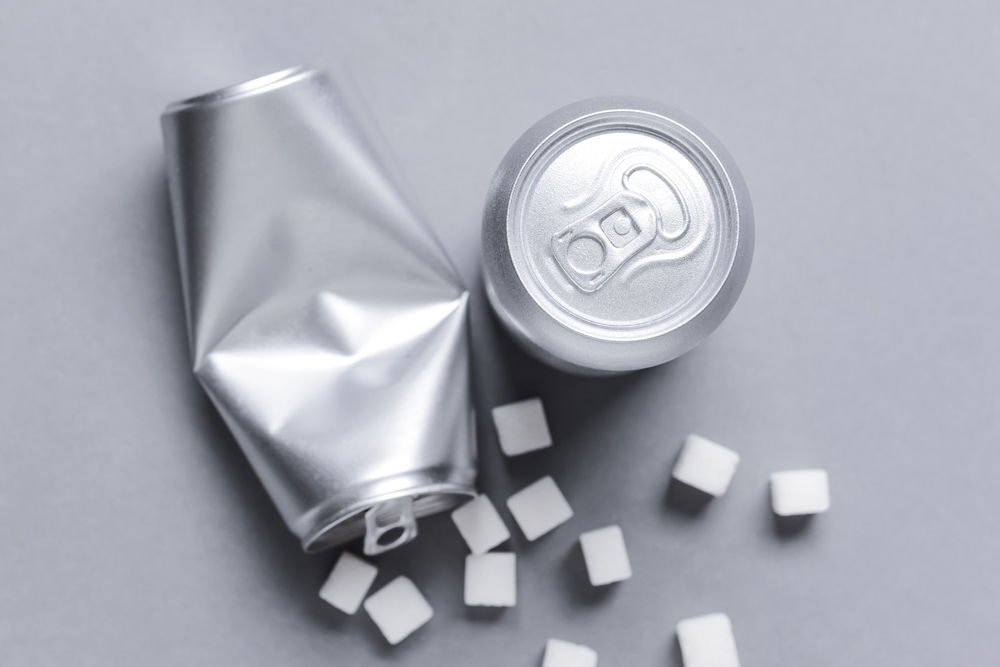
There are many reasons why we eat food, from primal need to happiness, togetherness, and more. It can’t be argued against the fact, however, that one of the primary reasons we eat is to consume the vital nutrients that allow us to thrive. Sugary drinks like soda lack essential nutrients such as vitamins, minerals, and fiber. They deliver only empty calories in the form of added sugars, providing no nutritional value.
6. Sugar May Cause Leptin Resistance
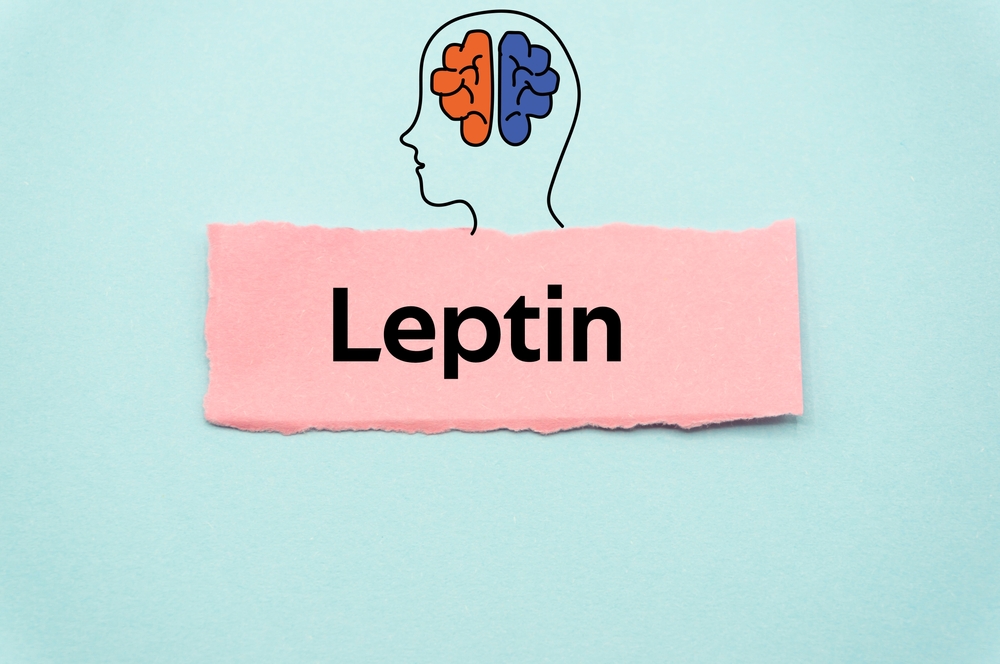
High sugar intake, particularly fructose, may lead to leptin resistance, a condition where the body becomes less sensitive to the hormone leptin that regulates appetite and energy expenditure. Leptin resistance is associated with weight gain and obesity. In simpler terms, sodas mess with the signal pathways that your body sends to your brain, letting you know that you’ve had enough food. This leads to overeating and, therefore, weight gain. Severe leptin resistance will eventually lead to obesity.
7. Sugary Soda May Be Addictive

Drinking a sugary beverage a handful of times a year won’t harm your health. The problem is that for most people, that occasional soda becomes a much more regular habit. Studies suggest that sugary soda, due to its high sugar content, may trigger the brain’s reward system, potentially leading to addiction-like behavior. Individuals predisposed to addiction may exhibit compulsive behavior towards sugary drinks. On top of that, you will likely crave other forms of sugar, too, like sweets, candies, and other high sugar, high calorie, low nutrition foods.
8. Sugary Beverages May Increase Heart Disease Risk

We’ve already explained how drinking sodas is linked to increased risk of diabetes and obesity. The disease risk, however, doesn’t stop there. Regular consumption of sugar-sweetened beverages is linked to risk factors for heart disease, including high blood sugar and triglyceride levels. Studies indicate a strong association between sugary drink intake and the risk of heart disease.
9. Soda Drinkers Have a Higher Risk of Cancer

Everything we do, either positively or negatively, contributes to our risk of developing cancer. You can be someone who is young, relatively fit, and with no underlying health problems or obvious risk factors and still get cancer. Sometimes, however, this can be linked to habits we have that we don’t realize are putting us at risk, like soda consumption. Research suggests that frequent consumption of sugary sodas is associated with an increased risk of developing certain types of cancer, such as pancreatic and endometrial cancer. The sugars and additives in soda are believed to contribute to cancer development.
10. The Sugar and Acids in Soda Are a Disaster for Dental Health
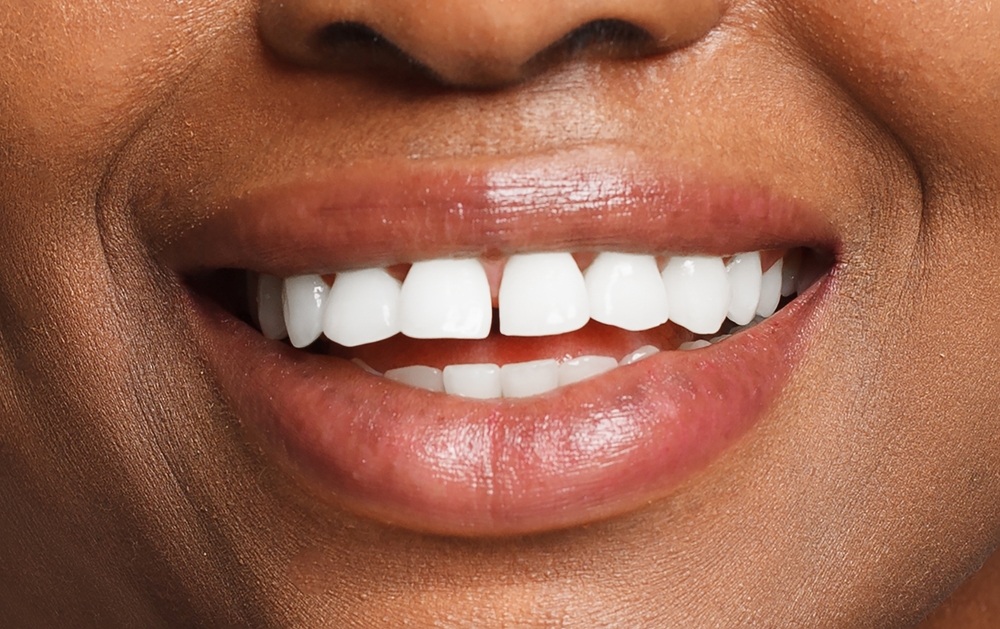
Do you want a thousand-what, social media-worthy smile? Ditching the sugary sodas is one key way to get there. The high sugar content and acidic nature of sodas can negatively impact dental health by creating an environment conducive to tooth decay. The combination of sugars and acids in soda can lead to dental erosion and cavities over time.
The Bottom Line
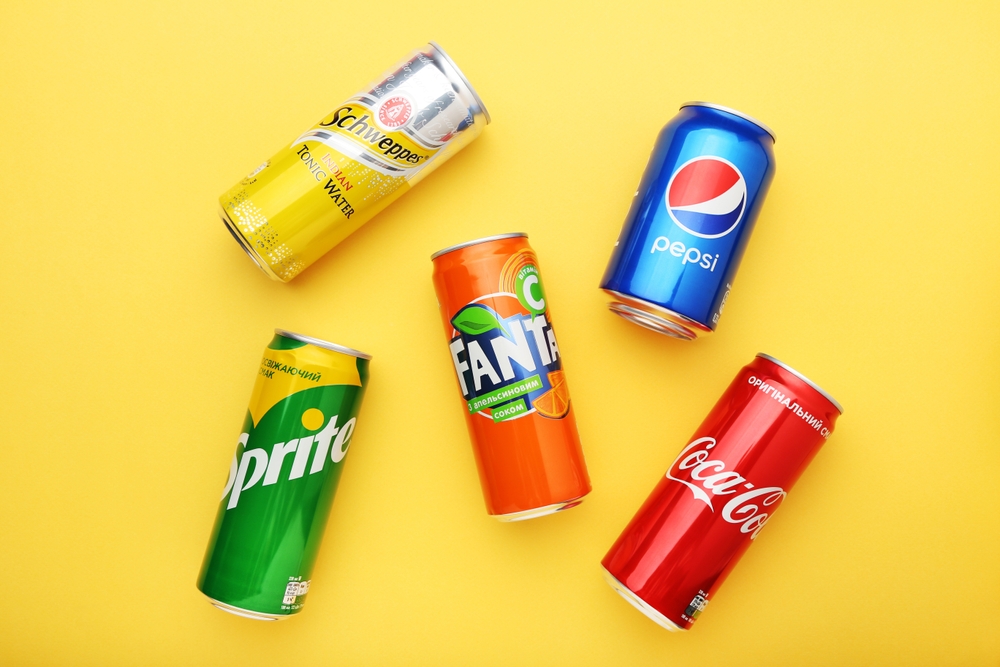
Coca-Cola, among other similar companies, doesn’t care about your health, at least thats not their primary concern. They want to sell to you as many products as possible, no matter what the impact is on your health and life. They may disguise is with clever, feel-good marketing campaigns, but I assure you there is nothing feel-good about their strategy or priorities. Beyond marketing, they are actively working to cover up, get rid of, and create confusion surrounding the scientific research that proves just how bad for your health their products truly are. Don’t be fooled, and do yourself, your family, and the planet a favor and spend your money elsewhere – preferably on products that are actually good for your health.
Read More: Everything You Should Know Before Sipping That Next Diet Coke
